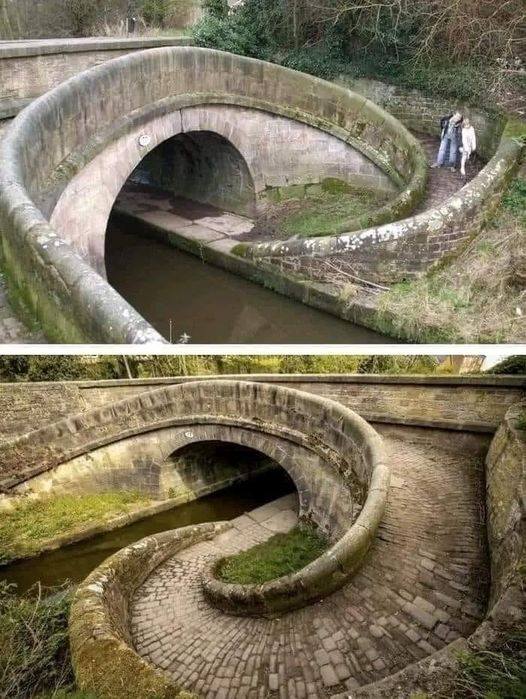this post was submitted on 25 Nov 2024
546 points (99.5% liked)
History Ruins
1580 readers
2 users here now
What is a ruin? We’re running off of “You know it when you see it” at the moment. Ruins should be non-functioning structures of some age, or their function reduced to tourism and the like.
Generally speaking, specific items from a ruin should go to !historyartifacts@lemmy.world
Illustrations of ruins (or their reconstructions) should go to !historyillustrations@lemmy.world
Photos of ruins back when they were functioning should go to !HistoryPorn@lemmy.world
founded 1 year ago
MODERATORS
you are viewing a single comment's thread
view the rest of the comments
view the rest of the comments

You're looking for canal boats. Back in Ye Olden Days, waterways were the preferred method of transporting cargo because land movement took much more effort (and also frequently involved hills and such). If a large industry cropped up in a place where it wasn't convenient or possible to recreate it elsewhere, and the landscape allowed it, they'd build a canal to allow easier shipping of larger amounts of material. They'd also sometimes build canals next to rivers, so that the water would be slower and it'd be easier for a boat to move both up- and down-stream. Think of places like the B&O Canal or the Erie Canal, or the Intercoastal Waterway.
It's possible for someone to barge-pole a boat around a canal, but a more efficient method was to have a horse or mule harnessed to the boat, walking right next to the canal. They'd walk the canal-side towpath, pulling the boat, while the humans then only had to steer the mule and the boat.
What's likely happening in this picture is that there's a cliff or some other hazard that prevents the towpath from continuing on the right side of the canal. A bridge would be very convenient there anyway, to move the mule to the other side of the river, and if you're building a custom bridge anyway, why not build it so that you don't need to really disturb the team anyway, they can just keep going? It's a really cool idea!
A pair of horses or mules could move around 20-30tons of goods with a canal boat. The same pair would have a maximum load of 2-3 tons in a carriage.
Before trains, it was the most efficient way to move heavy loads over long distances.
And nowadays they're parking lots of floating tiny-houses for people who can't otherwise afford to live anywhere near London, apparently.
And for storing old shopping trollies.
What do they do when another boat is coming in the opposite direction?
Wait for them to pass. These things move at like 3mph so you get plenty of warning
Lift one boat's rope over the other boat.